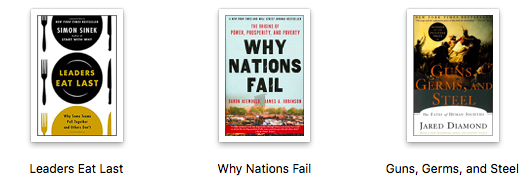source: http://webspace.ship.edu/cgboer/piaget.html
genetic epistemology, meaning the study of the development of knowledge.
He noticed, for example, that even infants have certain skills in regard to objects in their environment. These skills were certainly simple ones, sensori-motor skills, but they directed the way in which the infant explored his or her environment and so how they gained more knowledge of the world and more sophisticated exploratory skills. These skills he called schemas.
For example, an infant knows how to grab his favorite rattle and thrust it into his mouth. He’s got that schema down pat. When he comes across some other object -- say daddy’s expensive watch, he easily learns to transfer his “grab and thrust” schema to the new object. This Piaget called assimilation, specifically assimilating a new object into an old schema.
When our infant comes across another object again -- say a beach ball -- he will try his old schema of grab and thrust. This of course works poorly with the new object. So the schema will adapt to the new object: Perhaps, in this example, “squeeze and drool” would be an appropriate title for the new schema. This is called accommodation, specifically accomodating an old schema to a new object.
Assimilation and accommodation are the two sides of adaptation, Piaget’s term for what most of us would call learning.
According to Piaget, they are directed at a balance between the structure of the mind and the environment, at a certain congruency between the two, that would indicate that you have a good (or at least good-enough) model of the universe. This ideal state he calls equilibrium
stages of cognitive development
This is my digital notebook. I created this because I find it more convenient and easily accessible to put my thoughts in a blog post than on paper. My posts are vague, drafts and random tidbits I gather here and there. This is the medium I use to clear my thoughts and conceptualize. Much of what I say here might not make sense. Conversations that would help make sense of things, however, are very much welcome.
Book Worm

So many books to read, so little time.
Books to read in 2018

So many books to read, so little time.
Sunday, June 7, 2015
Subscribe to:
Post Comments (Atom)
No comments:
Post a Comment